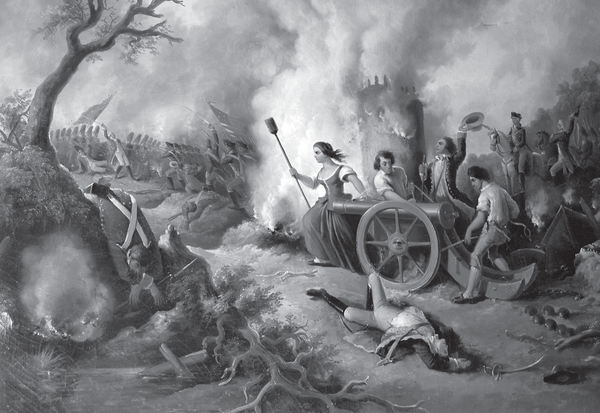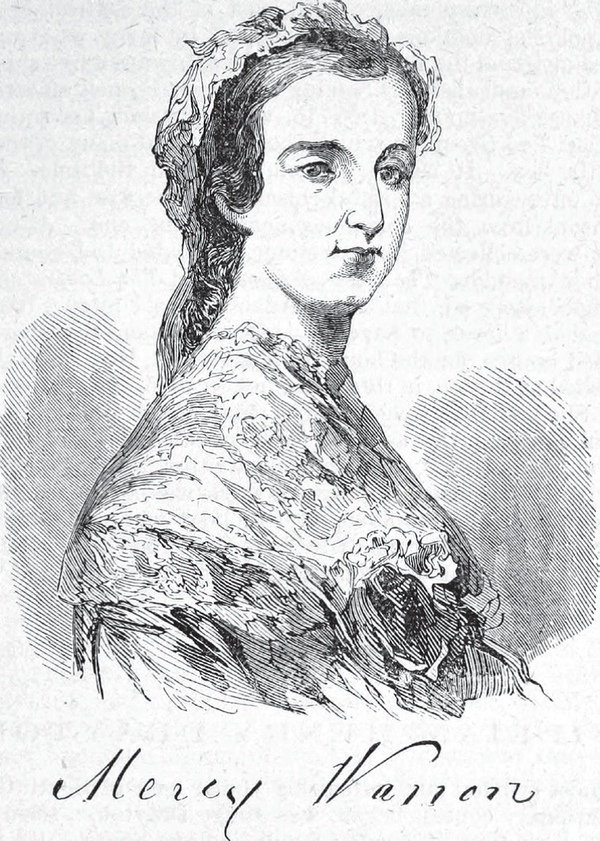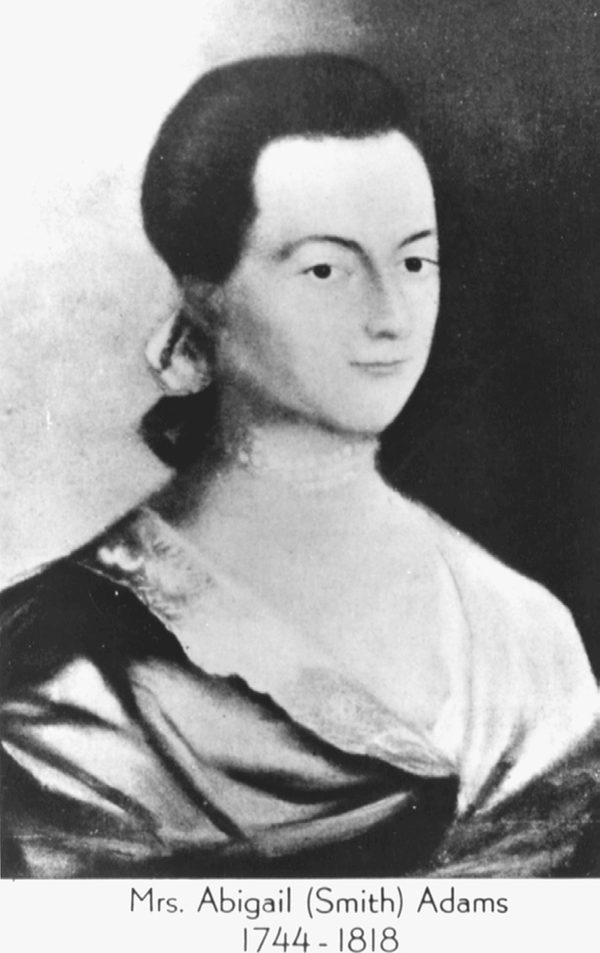When considering those who most impacted the American Revolution, we think of men like George Washington, Alexander Hamilton, and other leading Founding Fathers. However, these characters of history were not the only ones to leave their mark on the birth of the nation. Women played an important role both on the battlefield and at home. Their influences were seen in politics, in the military, in business, and at home. Without their efforts, America might not have achieved its status as a sovereign nation. While there are countless women who helped shape the revolution, these are 6 who have forever left their mark on history of the nation.
Molly Pitcher

Images of women of the American Revolution often appear as Molly Pitcher standing behind a cannon on the battlefront. Today, it’s believed that “Molly Pitcher” was the nickname given to a woman who made frequent appearances on the frontlines. Her real name is thought to have been Mary Ludwig Hays McCauley. She joined her husband at Valley Forge, where she began earning her stripes as a figure of the revolution. Throughout the resistance, stories of Pitcher’s acts of heroism on the battlefield filtered into the lives of women everywhere. She became a symbol for women to do their part in the fight.
Phillis Wheatley
Born in West Africa, Phillis Wheatley was sold into slavery before she turned ten years old. In America, she was purchased by the Wheatley family, who immediately recognized her literary talents. They taught her to read and write, and encouraged her to pursue a life of literature. She wrote Poems on Various Subjects, Religious and Moral in 1773, which earned her the praise of leaders in both America and England. The book was a collection of 39 poems that questioned the morality of slavery in the States. Wheatley was the first African American woman poet in America, and paved the ways for several writers to follow.
Mercy Otis Warren

Mercy Otis Warren was a leading voice in the resistance against British rule over the colonies both before and during the American Revolution. Her poems and political essays published before the war relayed the discontent with British rule, and urged her fellow Americans to join in the fight to become an independent nation. In 1788, she published a pamphlet under the pseudonym “A Columbian Patriot,” which opposed the passing of the Constitution, but was in favor of the Bill of Rights. When the war ended, Warren published a 3-volume collection detailing the history of the Revolutionary War. It was the first publication of its kind and the first written by a woman.
Sibyl Ludington
You’ve likely heard of Paul Revere’s midnight ride to warn American troops and citizens that a British army was approaching. Sibyl Ludington was his younger, female counterpart. During an intense rainstorm in the spring of 1777, Ludington rode twice as far as Revere through Putnam and Dutchess Counties in New York. She announced a recent British attack that had taken place in Danbury, Connecticut, and gathered militiamen of these counties to aid in the fight against this surprise attack. Her heroic efforts earned her a statue in Carmel, New York, erected by the Daughters of the American Revolution.
Abigail Adams

Often considered one of the founding members of the country herself, Abigail Adams was the wife of President John Adams. John frequently sought her opinion while making decisions for the fate of the country. Abigail was one of the earliest speakers for women of the 18th century. In her letters to John, she spoke of her dissatisfaction with the lives of women as they stood in the 1700s. She advocated for equal educational opportunities and the option to own property. In her 1776 letter to John while he was attending the Continental Congress, she reminded him to keep the women in consideration when designing the structure of the nation. Today, she is remembered of one of the leading figures of the American Revolution.
Nancy Hart
Nancy Hart was most known for her rampages against American Loyalists in the Georgia backcountry. Like Molly Pitcher, modern historians have little primary source evidence to support if Hart was fact or fiction. She was thought to have migrated to the fertile grounds of northeast Georgia, where she built a life for herself living off the land. Ferocious and vivacious, she quickly gained the nickname “The Iron Lady.” Her reputation reveals her as a savvy frontierswoman, known for outsmarting British soldiers and even shooting some.
These women of the American Revolution left their mark on history through their courage and influence in one of the country’s most harrowing times. Their voices proved outstanding, as they were the earliest representatives of women’s rights activism, and revealed what women can accomplish when they step from their assigned societal roles. The impact they left on the formation of the United States is one to be remembered and cherished.

